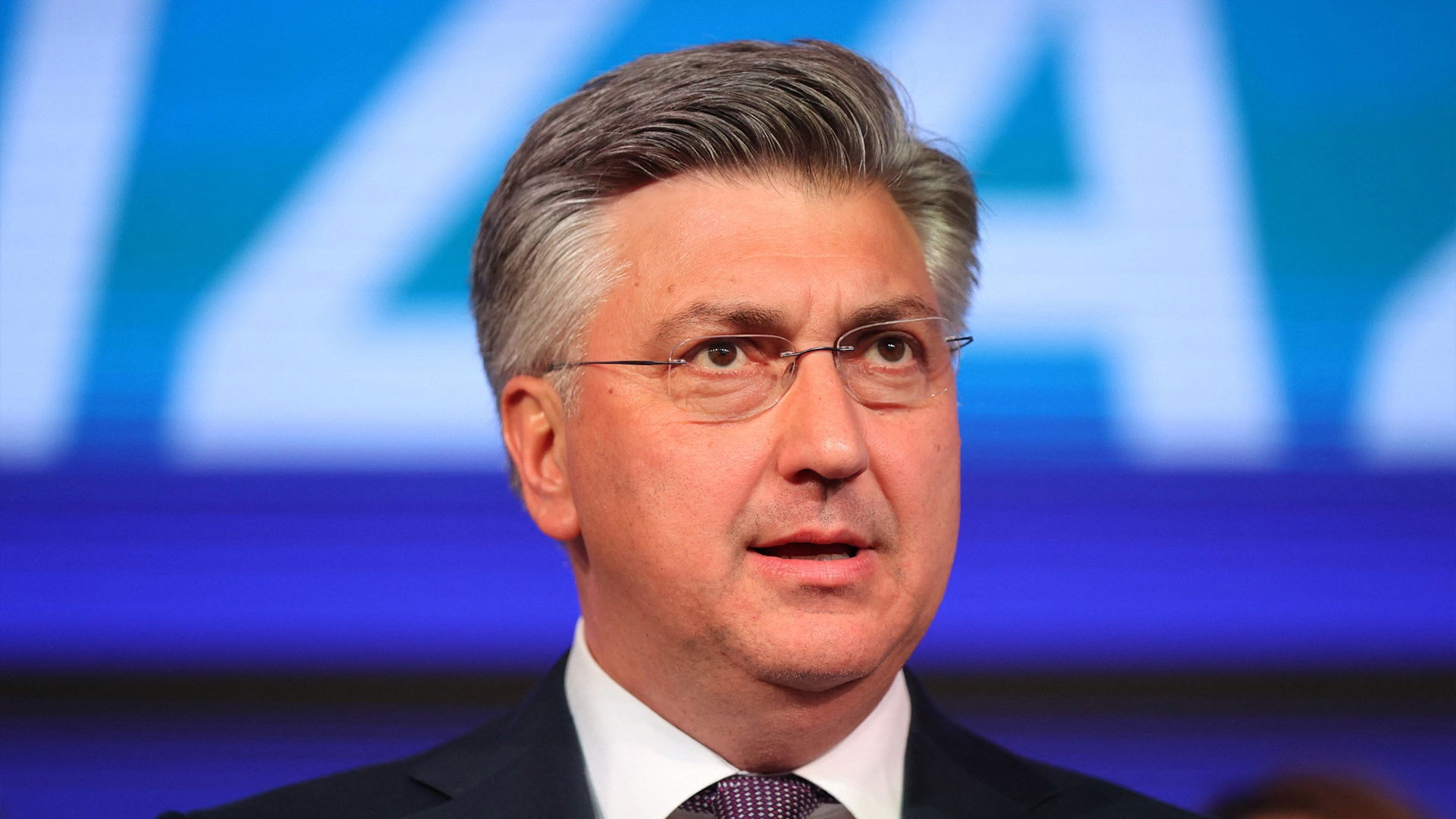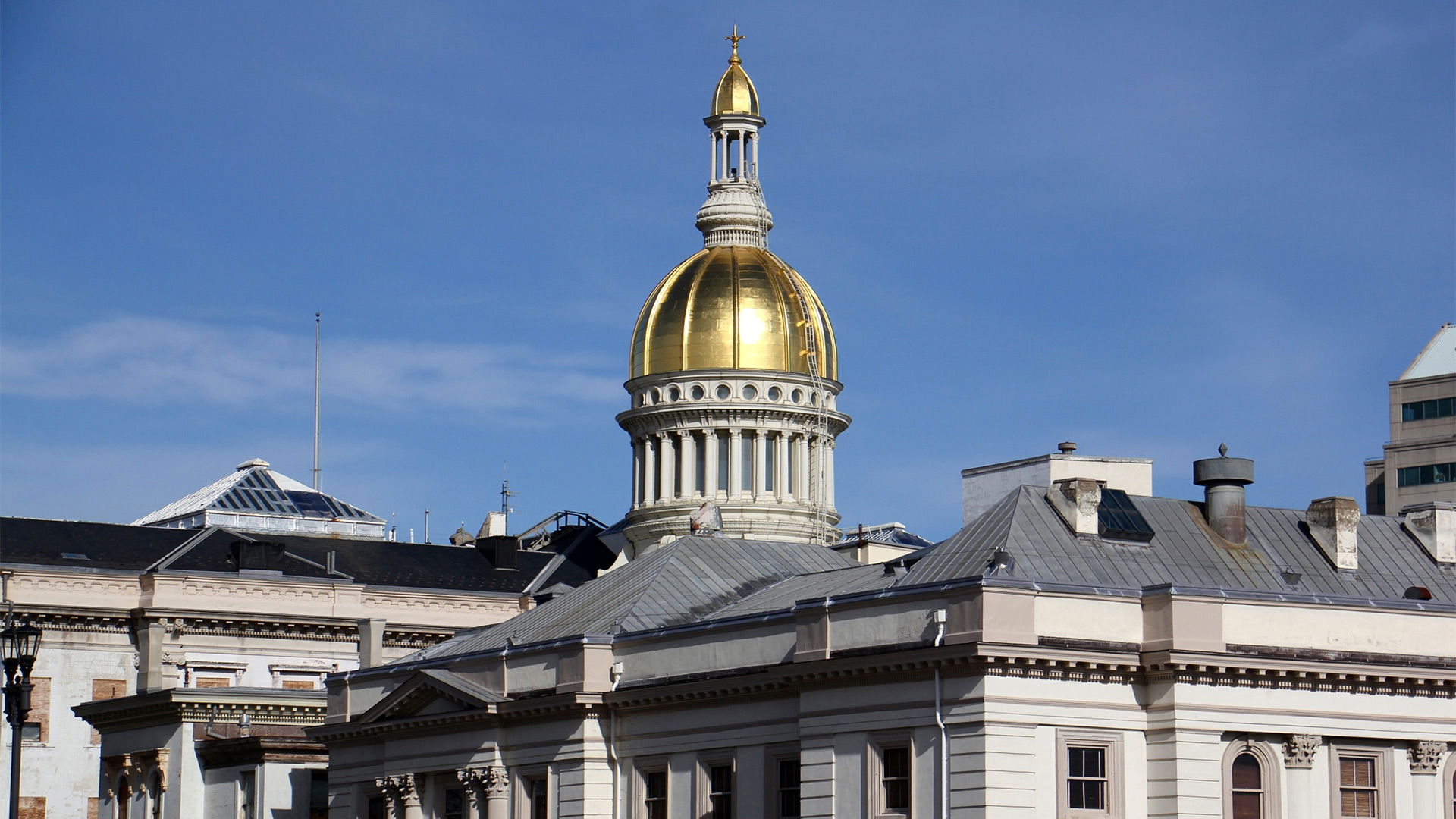Croatia moves to overhaul gambling laws with focus on public health, youth protection

Croatia is set to implement sweeping changes to its gambling laws, with Prime Minister Andrej Plenković positioning the reform as a central mandate of his third term in office. Backed by Parliament in March, the overhaul aims to modernize gambling regulations, strengthen consumer protections, and address rising concerns over youth addiction.
The reform introduces a new regulatory framework scheduled to take full effect by 2026, including mandatory player identification, a national self-exclusion register, stricter advertising rules, and a progressive tax system on player winnings.
“Gambling has spread significantly through the digital space, and we must consider its impact on young generations, which is detrimental,” said Plenković. “We need to influence the reduction of gambling addiction and much better regulate this activity.”
The government plans to ban self-service betting terminals in cafes and restaurants, and impose minimum distance requirements between gambling venues and schools or religious sites. Up to 60% of betting shops could face relocation or closure under the new rules.
Advertising will also be sharply curtailed. Gambling promotions will be banned on TV, radio, and digital platforms between 6 a.m. and 11 p.m., with an outright prohibition on endorsements by celebrities, athletes, or influencers. Digital operators will be held accountable for preventing underage exposure, while print and outdoor ads will also be heavily restricted.
“Technological progress has made gambling just too accessible,” said State Secretary Tereza Rogić Lugarić. “These measures are designed to reassert the boundaries of conduct and responsibility of gambling.”
The overhaul includes a revised tax regime, replacing the flat tax with a tiered system ranging from 10% on winnings under €1,500 to 30% on sums above €70,000. Licensing fees for land-based casinos will rise to €600,000 annually, with similar increases for online and retail operators. The government expects to generate €50–70 million ($58-81 million) in new annual revenue, with at least 11% earmarked for addiction treatment and prevention.
A new regulatory authority will oversee compliance, licensing, and enforcement. Croatian banks will be required to block payments to unlicensed operators, and authorities have begun testing keyword-based detection tools to combat illegal gambling sites.
Stakeholders from healthcare, education, and business sectors have endorsed the initiative, which includes the rollout of a National Strategy for the Prevention of Gambling Addiction by 2030. The strategy treats gambling harm as a public health issue and emphasizes early intervention, mental health support, and media literacy.
“This is not a public relations exercise,” said Marko Babić of Hrvatska Lutrija. “We are part of a European project, alongside the Council of Europe and nine member states, to study youth mental health and reduce high-risk behaviours such as gambling.”
Critics, however, warn of unintended consequences. The Croatian Association of Gambling Operators (HUBPS) and EUROMAT have raised concerns about potential job losses - estimated at 15,000 - and the viability of small operators under the new rules.
“While Croatian media are being strangled with restrictions, Big Tech platforms are left to self-regulate,” said Ozren Kronja of the Digital Publishers Association. “The unintended consequence may be to push gambling adverts further into unlicensed, untraceable channels. We’ve seen this in Italy, where illegal digital casinos proliferated despite stringent laws.”
Still, officials maintain that the reforms are necessary to rebalance industry practices and protect vulnerable groups. Finance Minister Marko Primorac defended the measures: “This will lead to a reduction in addiction and its negative consequences, both for the individual and for society as a whole.
















